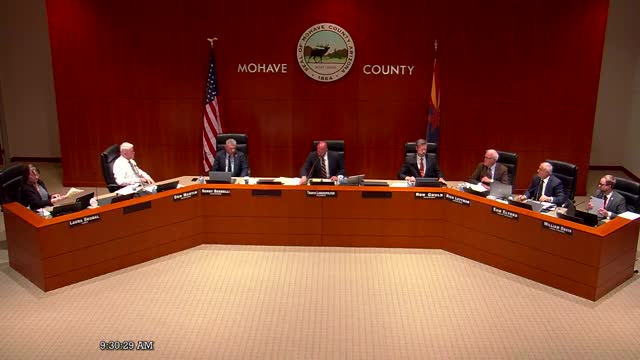Article not found
This article is no longer available. But don't worry—we've gathered other articles that discuss the same topic.
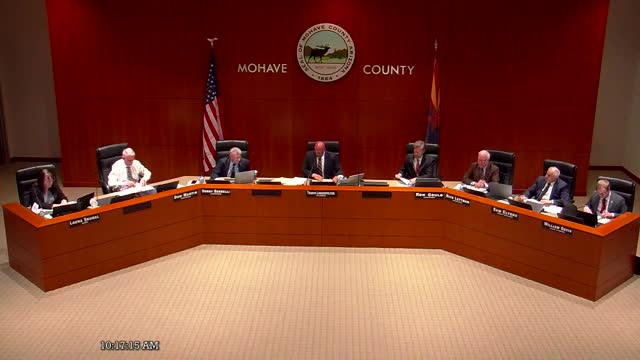
Votes at a glance: Key Mohave County Board actions from the April 7 meeting
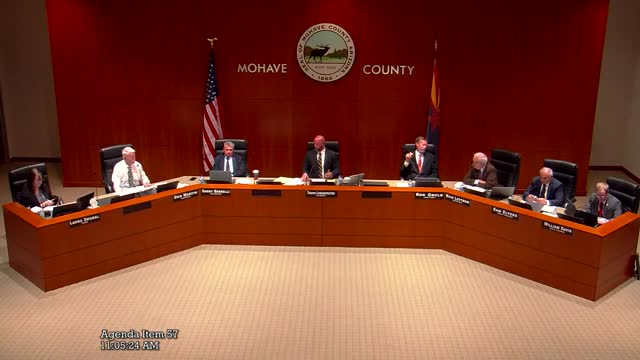
Supervisors split on private‑burial permits; several family‑cemetery requests decided
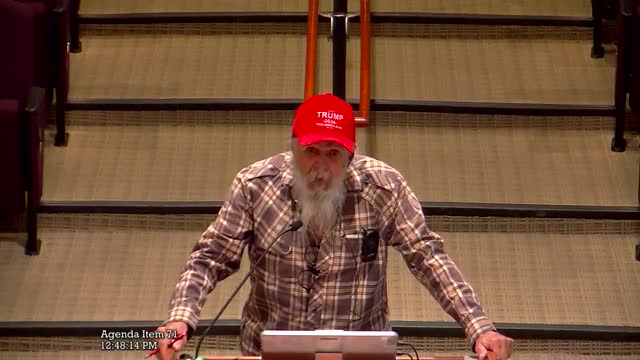
Supervisors ask Mohave County Airport Authority for finances and a permanent county seat on its board
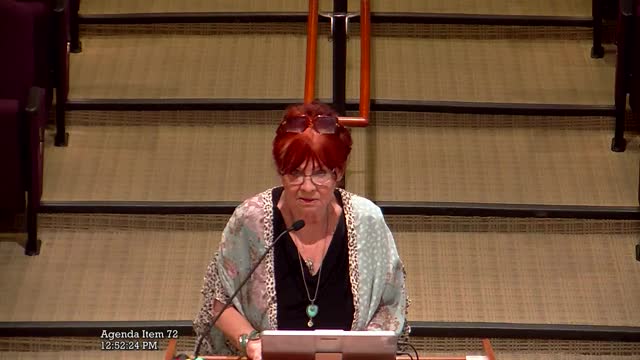
Board sets deadline, orders new RFP and outside review for county medical examiner services
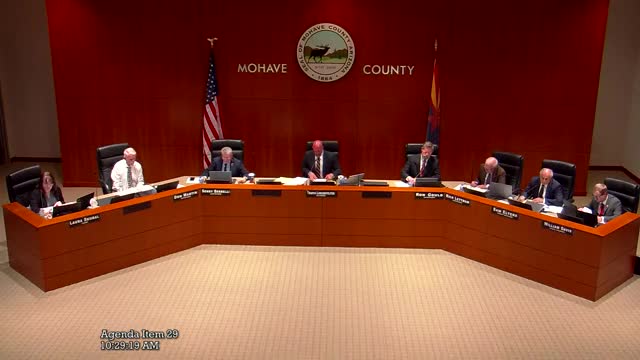
Board denies 195-foot wireless tower proposal in Dolan Springs after residents object
